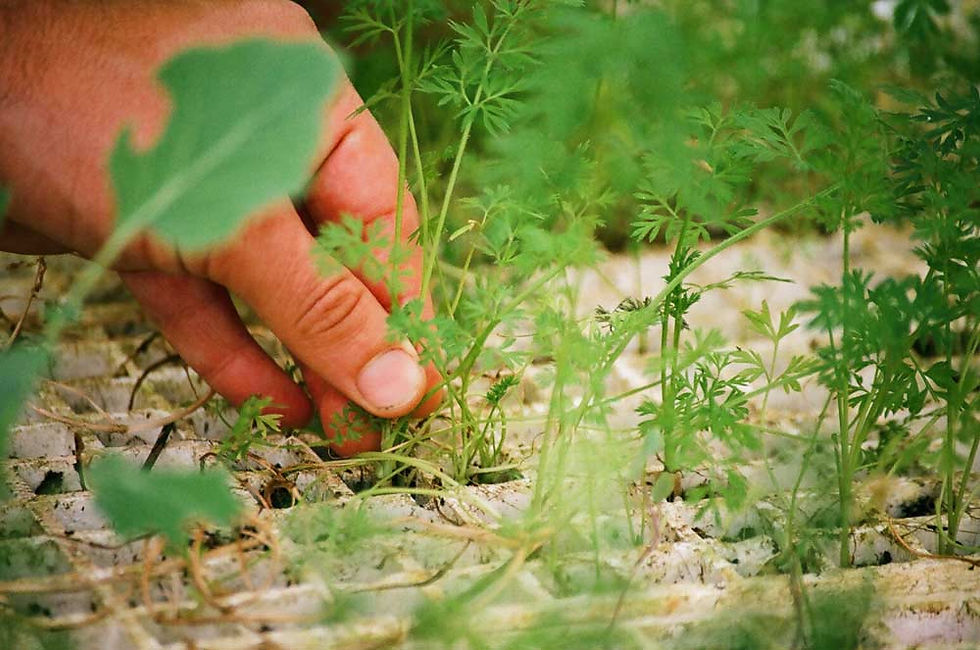Exploring the Emotional Toll of Combat: A Deep Dive
- russellcarrmd
- Nov 16, 2023
- 2 min read
Exploring the Emotional Toll of Combat: A Deep Dive Image Description: The image shows a close-up of a soldier's hand gripping a crumpled letter. The hand is weathered and worn, with dirt and scars visible. The letter is partially unfolded, revealing handwritten words and tear stains. The image captures the emotional toll of combat, symbolizing the anguish and heartache experienced by soldiers and their families. The composition and lighting evoke a sense of somberness and introspection, inviting readers to delve into the profound effects of war on the human psyche. War is a harrowing experience that leaves an indelible mark on the human psyche. The emotional toll it takes on soldiers and their families is immeasurable, often leaving scars that go far beyond the physical. In this deep dive, we will explore the profound effects of combat on the human mind and heart. 1. Post-Traumatic Stress Disorder (PTSD): One of the most well-known consequences of combat is PTSD. This mental health condition can manifest in various ways, including flashbacks, nightmares, and severe anxiety. It is crucial to understand that PTSD is not a sign of weakness but a natural response to traumatic experiences. Seeking professional help and support is essential for healing and recovery. 2. Survivor's Guilt: Many soldiers who have experienced combat carry the weight of survivor's guilt. This emotional burden stems from the feeling of guilt for having survived while others did not. It can lead to feelings of shame, self-blame, and a sense of unworthiness. Recognizing and addressing survivor's guilt is crucial for soldiers to find peace within themselves. 3. Family Dynamics: The effects of combat extend beyond the soldiers themselves and impact their families as well. Spouses, children, and parents often experience their own emotional struggles, such as anxiety, depression, and a sense of helplessness. Open communication, support groups, and therapy can help families navigate these challenges and strengthen their bonds. 4. Loss and Grief: The image of the soldier's hand gripping the crumpled letter speaks volumes about the profound loss experienced in combat. The loss of comrades, friends, and even one's own sense of self can be devastating. Grief is a natural response to loss, and it is essential to allow oneself to mourn and seek support during this process. 5. Resilience and Healing: Despite the emotional toll of combat, many soldiers and their families find ways to heal and rebuild their lives. Resilience is a powerful force that allows individuals to bounce back from adversity. Seeking therapy, engaging in creative outlets, and connecting with support networks can aid in the healing process. In conclusion, the emotional toll of combat is deep and far-reaching. It affects not only the soldiers themselves but also their families and loved ones. Understanding the various emotional challenges that arise from combat is crucial for providing support and fostering healing. By delving into the profound effects of war on the human psyche, we can work towards creating a more empathetic and supportive society for those who have sacrificed so much for our safety and freedom.







Comments